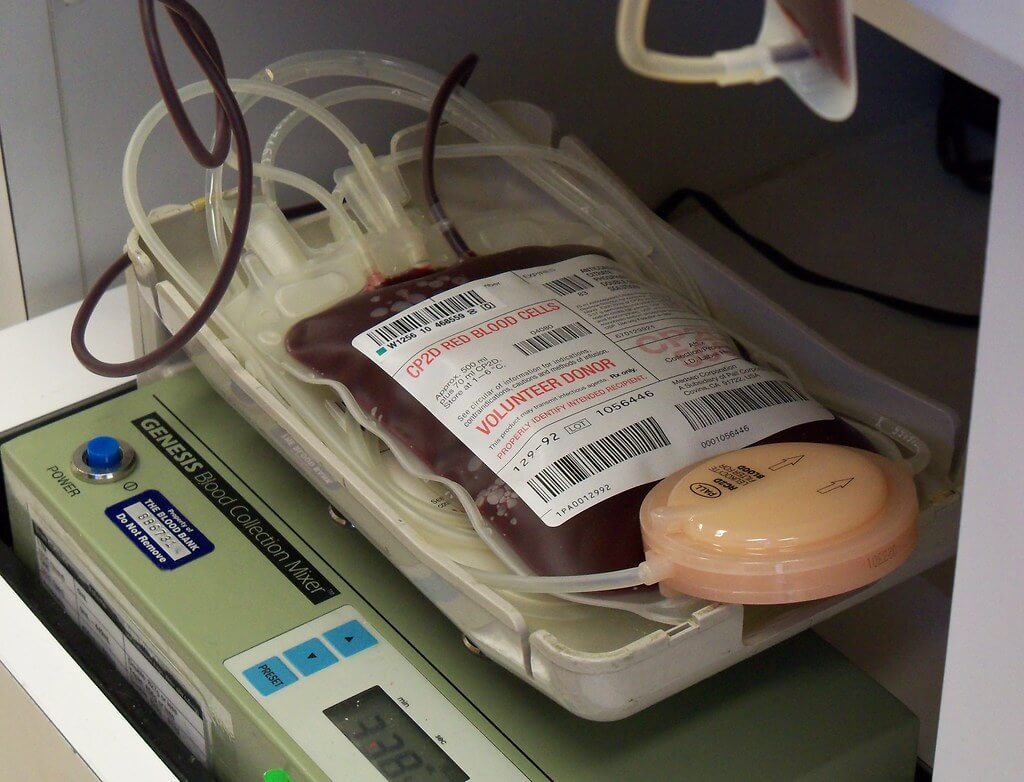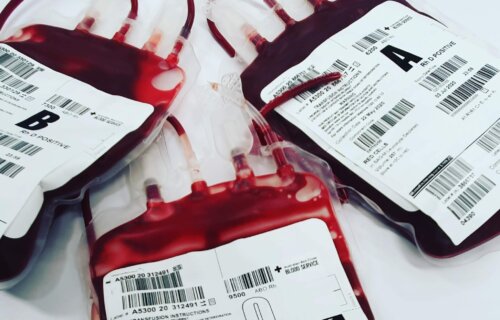🔑 Key Findings:
- Transfusion recipients can suffer allergic reactions because of allergens in the donor’s blood.
- These reactions were more common among children needing blood.
- Donations taken 4 hours after eating allergenic food led to more allergic reactions.
NAGANO, Japan — A concerning new study has uncovered a potential connection between a blood donor’s diet and allergic transfusion reactions (ATRs) — especially among children who receive blood transfusions. ATRs, which can be life-threatening, occur when a recipient’s immune system reacts negatively to the blood they receive during a transfusion. This recent discovery, focusing on the diets of blood donors before their donations, suggests that allergens present in their blood could trigger these reactions in patients with food allergies.
Blood transfusions are critical treatments for patients who have suffered significant blood loss due to surgery or injury, as well as for those with certain blood disorders. Despite their life-saving potential, transfusions can sometimes lead to adverse reactions, with ATRs being a significant concern, especially among children.
These reactions are thought to be the result of an immediate hypersensitivity due to immunoglobulin E (IgE), a type of antibody linked to allergic responses. However, pinpointing the specific allergens responsible for triggering ATRs has been a persistent challenge for scientists.
The study, published in the journal Allergy, was inspired by observations that children with food allergies seemed more susceptible to ATRs.
“Considering that food allergies are also more prevalent in children, we decided to investigate whether the food the donor ate before giving blood could be associated with the development of ATRs in children with food allergies,” says study lead author Dr. Ryu Yanagisawa, from Shinshu University Hospital’s Division of Blood Transfusion, in a media release.

To test their theory, researchers conducted an innovative investigation between May 2022 and December 2023. They analyzed blood samples from over 100 pediatric patients allergic to common foods like eggs, wheat, or milk. They also examined blood from healthy donors before and after they consumed significant amounts of these allergenic foods.
By applying basophil activation tests (BATs) — which measure the response of basophils, a type of white blood cell involved in allergic reactions — to these samples, the team could observe how the children’s immune systems reacted to the serum from donors’ blood.
The results were revealing. For patients with an egg allergy, exposure to serum from donors who had recently eaten eggs led to a significant increase in BAT levels, indicating a stronger allergic response. This effect was notably more pronounced when the serum was taken from donors four hours after consuming eggs, compared to two hours post-ingestion.
The findings for milk and wheat allergies showed some variability, but overall, the research indicated a clear link between donors’ diets and the activation of allergic responses in recipients with specific food allergies. Dr. Yanagisawa’s team plans to extend their research to include more donors and further explore how the timing of food consumption by donors affects the risk of ATRs.
“In future, it could be possible to predict in advance who is likely to suffer from an ATR,” concludes Dr. Yanagisawa. “Given enough time, preventive measures and countermeasures to ATRs could be developed, leading to safer blood transfusions.”
Ultimately, this could significantly reduce the risk for vulnerable pediatric patients and provide relief to families and health care providers alike.

I keep a bin in our front hall closet for donations as I come across items I no longer use or need I have a place to put them. When the bin is full I take it to Goodwill. Works for me!